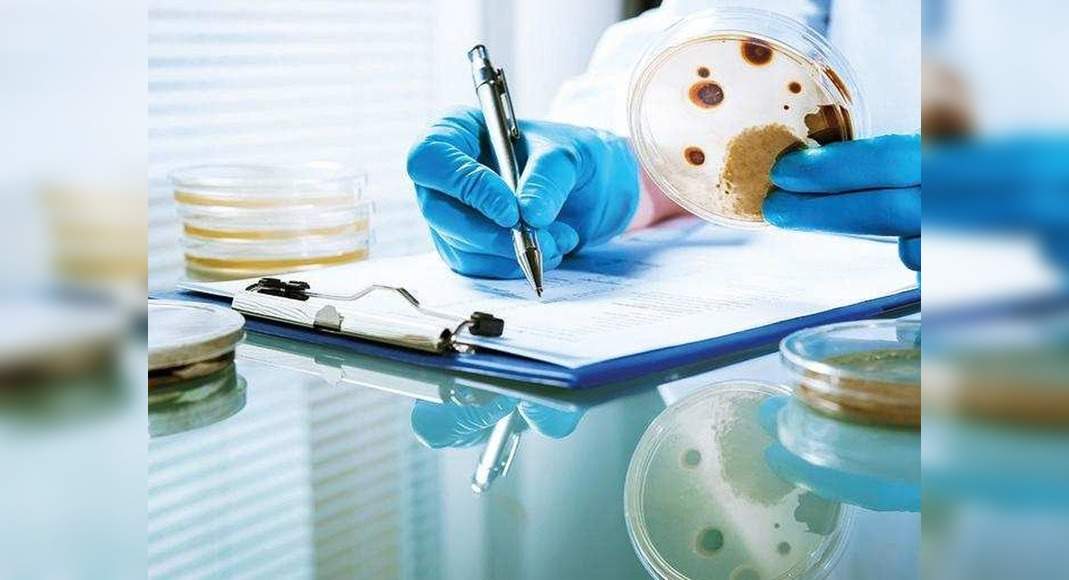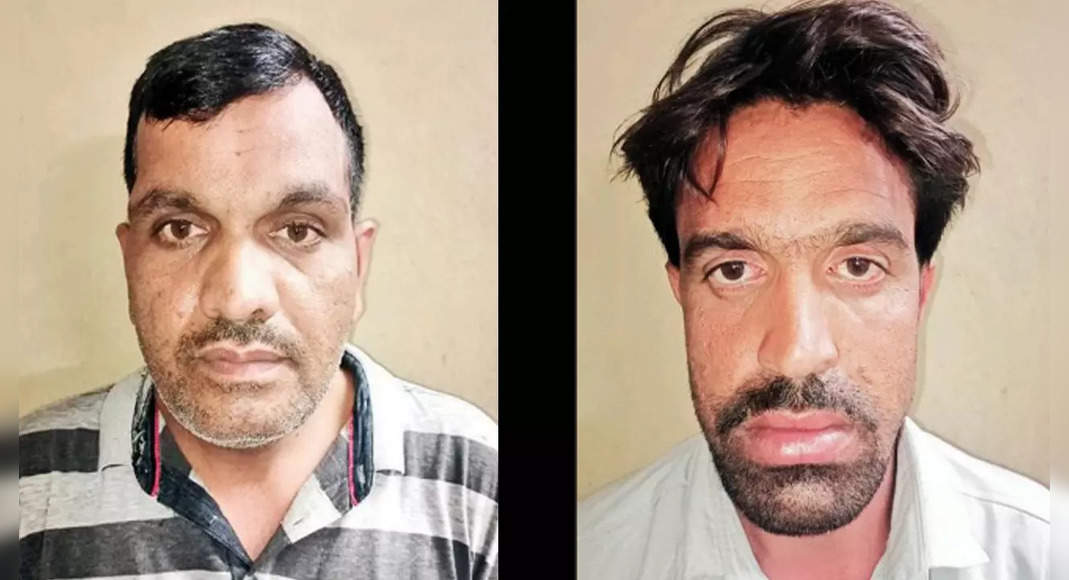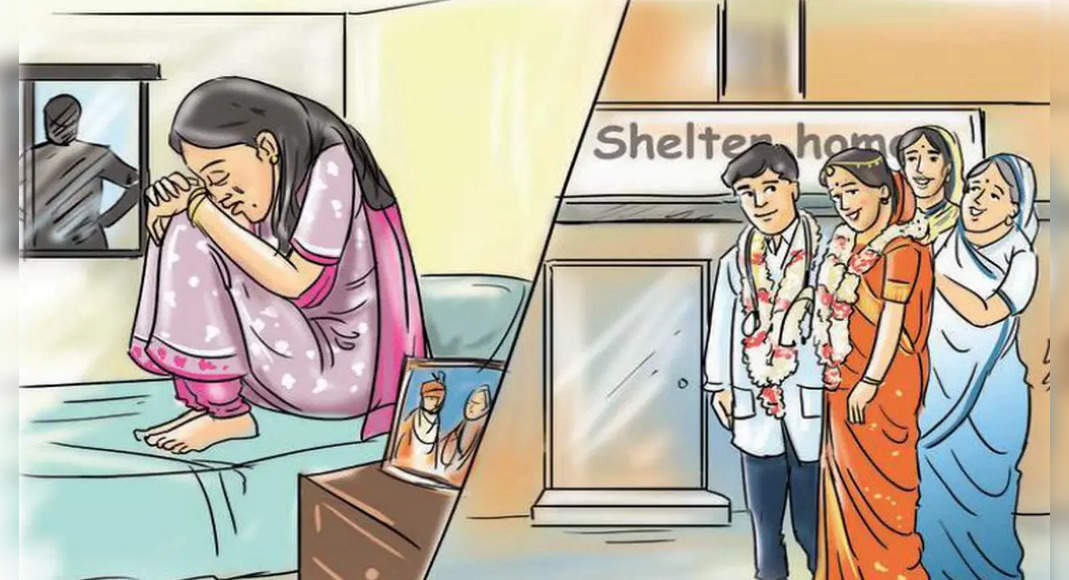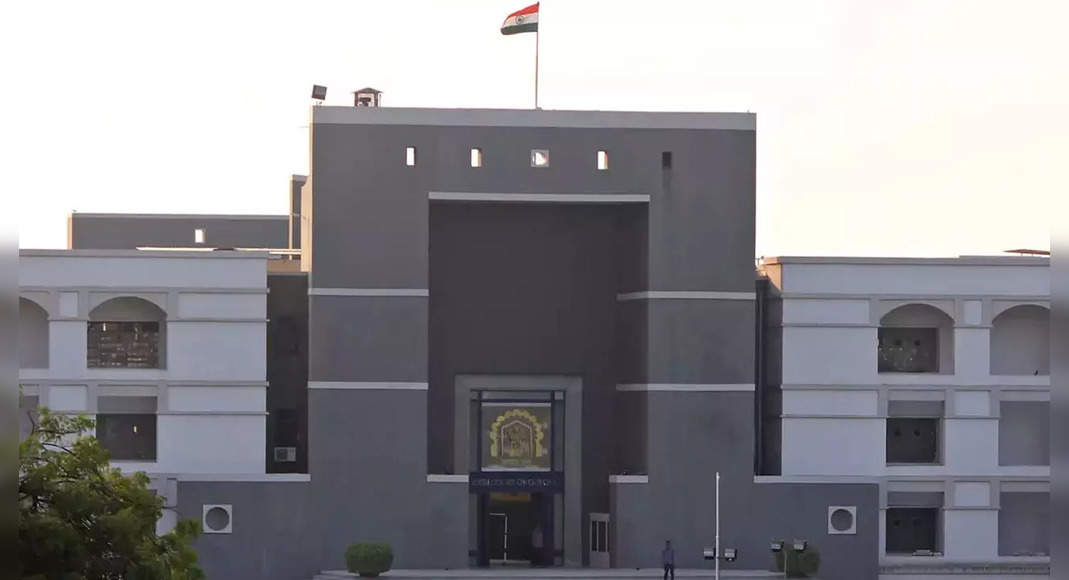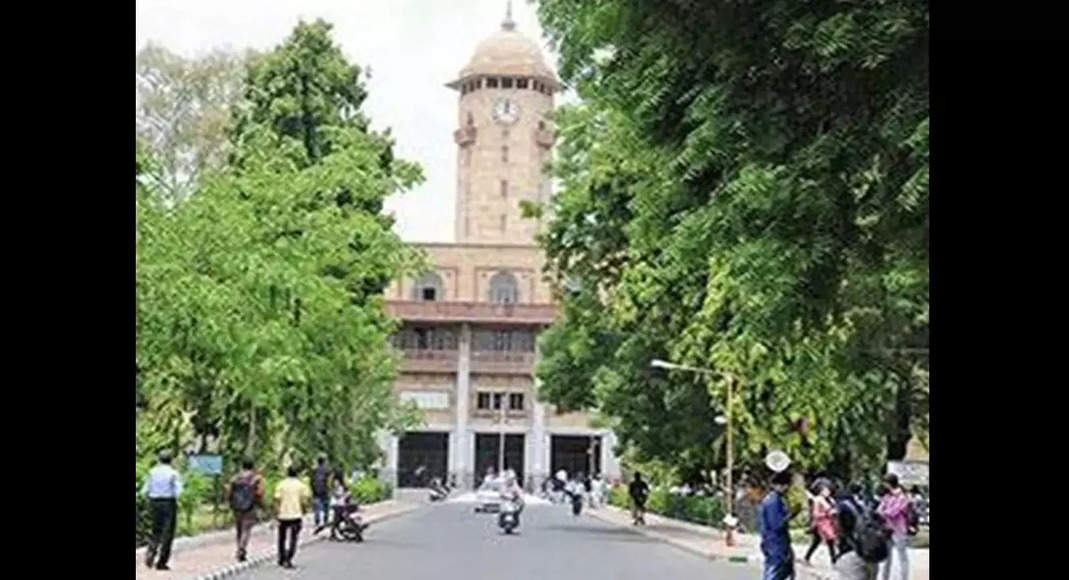AHMEDABAD: Just how fatal can be dreaded mucormycosis, the black fungus, whose outbreak has taken the country by storm in the second wave of Covid-19 pandemic? A study carried out across 16 centres in India, including four hospitals of Gujarat, during the Diwali surge between September and December 2020 recorded a high mortality of 46% by three months of treatment.
The study titled ‘Multicentre Epidemiologic Study of Coronavirus Disease-Associated Mucormycosis, India’ was published recently in the prestigious Centres for Disease Control and Prevention (CDC) journal.
The study of 287 MM patients was carried out across 16 centres in India, including three hospitals in Ahmedabad and one in Surat.
AIIMS New Delhi and Bhopal, Sir Ganga Ram Hospital in New Delhi, Medanta Hospital in Gurgaon and KDAH in Mumbai were among other centres.
Out of 287 patients, 187 (65%) were identified as having Covid-associated MM (CAM).
Prevalence was found to be 0.3% among the total Covid-19 patients at these centres.
Study pegged MM cases recorded a two-fold rise compared to the same period in 2019 – from 112 to 231.
Mean age of the patients was found to be 53 years; men accounted for 75% of the patients.
Diabetes was found to be one of the most common comorbidities in 33% or one-third of patients.
Moreover, 21% of the patients reported newly-acquired diabetes after Covid infection.
“Fatality rate among the patients was found to be 38% in six weeks, which increased to 46% by 12 weeks or three months of treatment.
It was found to be the same in non-CAM and CAM patients.
Major factors for mortality are found to be age, rhino-orbital cerebral involvement and prolonged ICU stay,” said Dr Atul Patel, infectious diseases specialist and a co-author of the study.
He said that another study on MM in Covid-19 patients is under way at more centres across India to study black fungus epidemic during the second wave.
“We aim to find out how much steroids could trigger MM in patients.
More importantly, we want to understand the role of Covid-19 severity in MM,” said Dr Patel.
Infectious diseases specialist Dr Surabhi Madan, another co-authors of the study, underscored three differences between the existing wave and the study period spanning pre and post Diwali surge.
“During the current wave, the number of cases is much higher.
More significantly, we saw many young patients who had no existing diabetes or comorbidities, and only a history of home-based steroid treatment,” she said.
“Unlike the last surge when Ahmedabad and Mumbai had relatively higher cases, there is no geographic limitation as almost all centres in India have reported MM.”

